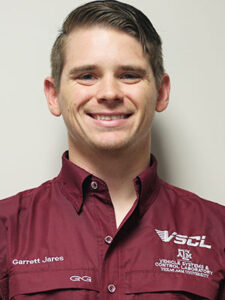Texas A&M University is a founding partner of the National Science Foundation (NSF) Center for Autonomous Air Mobility and Sensing (CAAMS) along with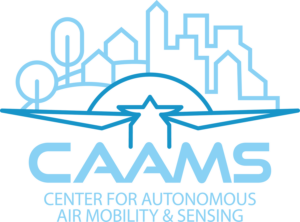 University of Colorado Boulder (CU), Brigham Young University (BYU), University of Michigan (UM), Penn State University (PSU), and Virginia Tech (VT). The center is organized under the NSF’s Industry-University Cooperative Research Centers program (IUCRC). CAAMS consists of three primary partners: academia, industry, and government. Academic faculty collaborate with industry and government members to promote long-term global competitive research and innovation. They create solutions to the most critical challenges faced in the autonomous industry. Dr. John Valasek serves as the Site Director for Texas A&M University. Texas A&M University faculty associated with CAAMS include: Dr. Moble Benedict, Dr. Manoranjan Majji, Dr. Sivakumar Rathinem, and Dr. Swaroop Darbha.
University of Colorado Boulder (CU), Brigham Young University (BYU), University of Michigan (UM), Penn State University (PSU), and Virginia Tech (VT). The center is organized under the NSF’s Industry-University Cooperative Research Centers program (IUCRC). CAAMS consists of three primary partners: academia, industry, and government. Academic faculty collaborate with industry and government members to promote long-term global competitive research and innovation. They create solutions to the most critical challenges faced in the autonomous industry. Dr. John Valasek serves as the Site Director for Texas A&M University. Texas A&M University faculty associated with CAAMS include: Dr. Moble Benedict, Dr. Manoranjan Majji, Dr. Sivakumar Rathinem, and Dr. Swaroop Darbha.
In conjunction with the CASS Lab at Penn State, directed by Dr. Puneet Singla, VSCL will be working on the project Integration of System Theory with Machine Learning Tools for Data Driven System Identification. This project integrates system theory with machine learning tools for data driven system identification. The objective is to derive nonlinear dynamical models by employing a unique handshake between linear time varying subspace methods and sparse approximation tools from high fidelity flight simulations and flight experiments.

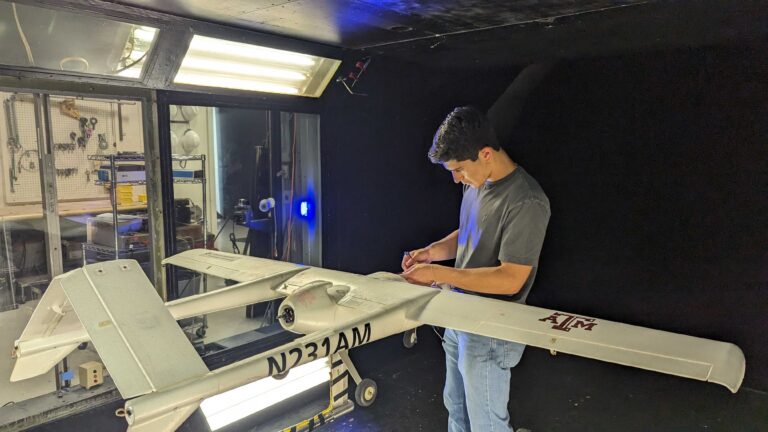

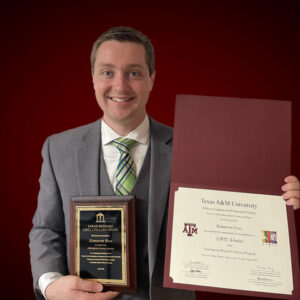 Ph.D. student Kameron Eves received two awards from the
Ph.D. student Kameron Eves received two awards from the 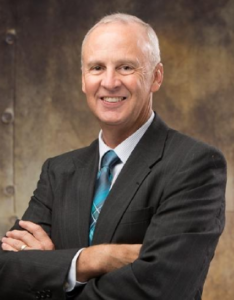
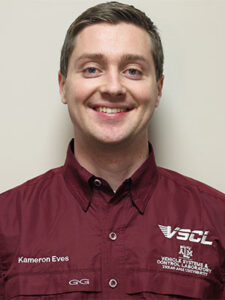
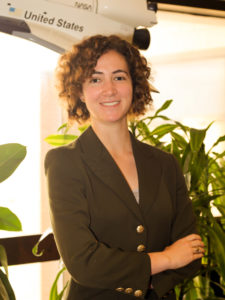
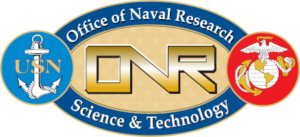 Dr. John Valasek and the Vehicle Systems & Control Laboratory has been awarded a multi-year (2023-2026) research grant by the Office of Naval Research (ONR) to investigate multiple time scale (MTS) adaptive control systems for naval applications such as unmanned air systems (UAS), high performance aircraft, and satellites. MTS systems are systems with some states that evolve quickly and some states that evolve slowly. These systems can have coupled fast and slow modes which occur simultaneously. MTS systems are particularly interesting from a controls perspective because the time scale separation in the plant can cause degraded performance or even instability under traditional control methods. Accounting for the time scales can remedy this problem. For example, a MTS control technique demonstrated significantly reduced rise times over traditional Nonlinear Dynamic Inversion (NDI). Similarly, traditional adaptive control has been demonstrated to have reduced performance on MTS systems. On the other hand, traditional control techniques that are specifically designed for MTS systems cannot account for systems with model uncertainties. Thus, a method of MTS control for uncertain systems is needed.
Dr. John Valasek and the Vehicle Systems & Control Laboratory has been awarded a multi-year (2023-2026) research grant by the Office of Naval Research (ONR) to investigate multiple time scale (MTS) adaptive control systems for naval applications such as unmanned air systems (UAS), high performance aircraft, and satellites. MTS systems are systems with some states that evolve quickly and some states that evolve slowly. These systems can have coupled fast and slow modes which occur simultaneously. MTS systems are particularly interesting from a controls perspective because the time scale separation in the plant can cause degraded performance or even instability under traditional control methods. Accounting for the time scales can remedy this problem. For example, a MTS control technique demonstrated significantly reduced rise times over traditional Nonlinear Dynamic Inversion (NDI). Similarly, traditional adaptive control has been demonstrated to have reduced performance on MTS systems. On the other hand, traditional control techniques that are specifically designed for MTS systems cannot account for systems with model uncertainties. Thus, a method of MTS control for uncertain systems is needed.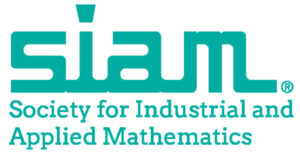
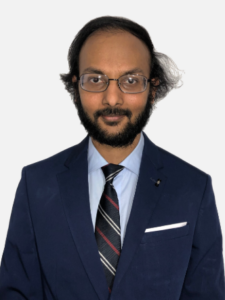
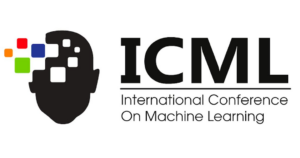
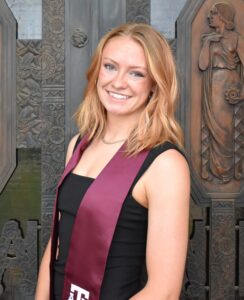 Jillian Bennett is a Masters of Science student in the Aerospace Engineering department. She graduated with her Bachelors of Science in Aerospace Engineering and Minor in Mathematics in Fall 2023. As an undergraduate she interned with Los Alamos National Laboratory and TAMU Material Science and Engineering, working on characterizing impacted materials. Additionally she was the lead ambassador for the Aerospace Ambassador program and a Fish Camp chair. Her work with VSCL will be primarily focused on
Jillian Bennett is a Masters of Science student in the Aerospace Engineering department. She graduated with her Bachelors of Science in Aerospace Engineering and Minor in Mathematics in Fall 2023. As an undergraduate she interned with Los Alamos National Laboratory and TAMU Material Science and Engineering, working on characterizing impacted materials. Additionally she was the lead ambassador for the Aerospace Ambassador program and a Fish Camp chair. Her work with VSCL will be primarily focused on 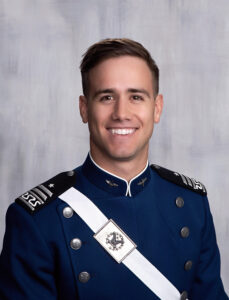 2nd Lieutenant Noah Luna is a Masters of Science student in the Aerospace Engineering Department. He graduated from the United States Air Force Academy with a Bachelors of Science in Aeronautical Engineering and Computer Science. During his undergraduate studies, he performed research on a neural network based flight control system for an ongoing fixed-wing project through the Air Force Research Lab (AFRL). Additionally, he completed an internship and further research with Lockheed Martin Skunk Works as a Software and Flight Test engineer developing nonlinear adaptive flight controls for aerial systems. At VSCL, Noah will be working on
2nd Lieutenant Noah Luna is a Masters of Science student in the Aerospace Engineering Department. He graduated from the United States Air Force Academy with a Bachelors of Science in Aeronautical Engineering and Computer Science. During his undergraduate studies, he performed research on a neural network based flight control system for an ongoing fixed-wing project through the Air Force Research Lab (AFRL). Additionally, he completed an internship and further research with Lockheed Martin Skunk Works as a Software and Flight Test engineer developing nonlinear adaptive flight controls for aerial systems. At VSCL, Noah will be working on 